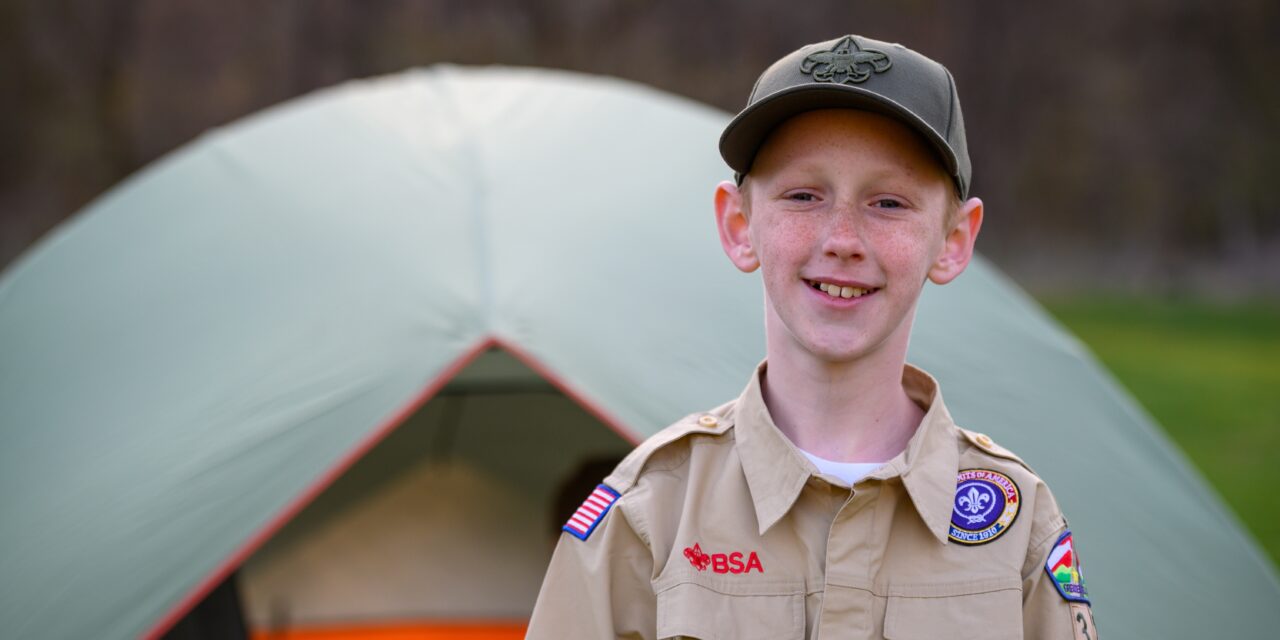Boy Scouts of America will change its name to “Scouting America” next February to be more inclusive, the 114-year-old organization announced yesterday. The rebrand will occur on the 115th anniversary of the Boy Scouts’ establishment and seven years after it began admitting women in 2018.
This latest move toward “inclusion” is likely motivated by the Boy Scouts’ desire to increase its memberships and rehab its image — both of which have suffered under widespread accusations of sexual assault and misconduct by past troop leaders.
The group filed for bankruptcy in 2020 after paying more than $150 million to settle lawsuits related to past assaults and allegations of misconduct. It still owes $2.4 billion to more than 80,000 other victims.
In this social climate, its rarely a bad idea for an organization to demonstrate its commitment to “women’s rights.”
A previously untapped market for the Boy Scouts, girls make up more than 20% of its million total members. Without their patronage, the group’s financial circumstances would be even more dour.
Given the economic and social incentives at play, I don’t think genuine concern for women’s feelings motivated the Boy Scout’s name change. But assuming altruism did play a role in the legacy organization’s rebrand — however unlikely — I feel compelled to say not all organizations must be inclusive.
I grew up with many boy scouts, but never felt I should be allowed to join. I understood that some groups were boys-only, just like I belonged to others that were girls-only. It certainly never occurred to me that exclusion from the Boy Scouts insulted my feminine ability to camp, or lead, or do anything else.
I believe I would have felt differently if I lived when girls had dramatically fewer extracurricular opportunities than boys. But, as it was, I played sports, read dense books, did science experiments, joined debate — basically did whatever I wanted, whenever I wanted to do it.
Little Emily intuitively understood what our culture frequently forgets — inclusivity and equality are not the same thing.
Women’s equality means respecting women as valuable human beings and affording them the same legal, social and economic opportunities as men. Equality does not, however, mean every organization must become co-ed.
Children and adults benefit from some gender-exclusive activities, because people who share biological wiring can provide unique friendship and understanding that people of the complimentary sex cannot.
That’s why almost all of us belong to some kind of single-sex group, be it a weekly girls’ night, a men’s small group, or the Boy Scouts.
Children, in particular, model behavior after same-sex role models. Though children’s primary role models should be their father and mother, extra-parental mentors like coaches, teachers and troop leaders play a critical supporting role in training up children.
So, Boy Scouts — be boy scouts! Don’t let sociopolitical gobbledygook convince you that gender-exclusive activities are sexist. We women are doing just fine.
Additional Articles and Resources
No Excuses: Coach Deion Sanders on Valuing Academics and Raising Men
The War on Masculinity is Toxic: Exclusive Interview with Prof. Nancy Pearcey
The Toxic War on Masculinity: How Christianity Reconciles the Sexes
Biblical Masculinity is the Solution to Our Fatherless Culture






